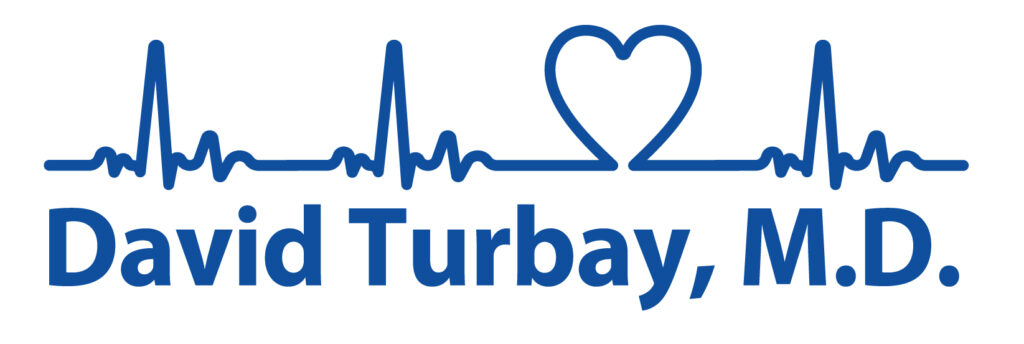A warm cup of coffee in the morning is a must for many of us in our daily routine. Get up, get coffee, get moving. But is caffeine good for our overall health and heart? There are many contradicting opinions from health gurus about the dangers of caffeine in our everyday habits, here is what the medical experts say.
According to Harvard Health, drinking a cup of coffee can have different effects on different people, while some people get jittery with only one cup others feel nothing at all. Caffeine takes effect in our central nervous system and half of it is usually eliminated by the body 4 to 6 hours after consumption.
For our hearts, regular consumption of caffeine does not disrupt its natural rhythm enough to pose a serious threat. The average person should stick to a maximum of 4 cups of coffee a day or 400 mg, which is a safe to consume without having any long-term effects on blood pressure, heart attacks, or strokes. However, if you have had a heart attack or have been diagnosed with heart disease then you should stick to half this amount or 200 mg per day.
Men, this may be of interest to you. Caffeine may improve erectile dysfunction (ED). According to a 2015 study, men who consumed 2-3 cups of coffee per day were 42% less likely to report ED than those who drank less. This may be due to increased blood flow, but more research is needed.
Where you get your caffeine from is also very important and a determinant to your overall health. Coffee and tea are great sources because they contain antioxidants that help fight of disease, but beware of cream and sugar, which are high calorie and unnecessary add-ons. Stay away from energy drinks and soda which are high in sugar. Energy drinks specifically, can be quite harmful to your heart because of the abnormally high caffeine and sugar content.
Source: Publishing, Harvard Health. “The Buzz about Caffeine and Health.” Harvard Health, Apr. 2019, www.health.harvard.edu/staying-healthy/the-buzz-about-caffeine-and-health.
